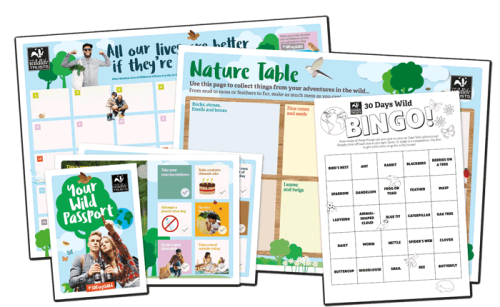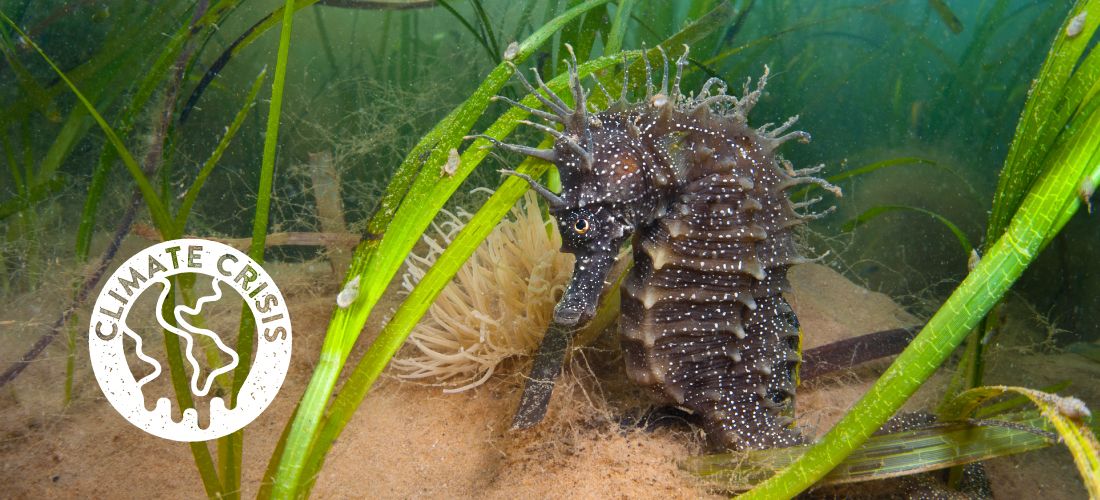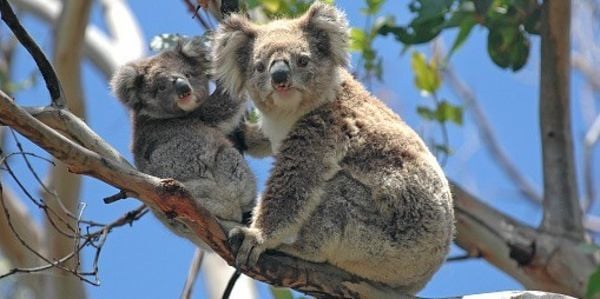World Environment Day 2020 is on 5th June
Posted on
|
The 5th June is World Environment Day It’s time #ForNature Colombia is the host nation
This year, the global host is Colombia. The country is home to 51,000 species with the largest variety of birds and orchids in the world. It ranks second in diversity of plants, butterflies, freshwater fish and amphibians and they flourish in over 300 types of ecosystems, some of which are in protected areas. Find out more about Colombia here. We need nature As the website points out, our food, air and water all come from nature. And clearly we are living in times when nature is sending us a very strong message: To care for ourselves, we must care for nature. Or, as I like to put it, look after earth, and she will look after us. We need to build back better for People and Planet. Visit the website – there’s a lot to get involved with including a biodiversity quiz, There’s a practical guide for individuals, faith groups, businesses, cities, governments, schools, universities, youth groups and civil society. You can access it here. Please at the very least, take time to read this tool kit. Amongst other things, it explains that the five main drivers for biodiversity loss are: Land-use change – our demand for food and resoruces are driving deforestation and destroying natural habitats world-wide. Over-explotation of plants and animals, from the large to the tiny, with fishing, logging and poaching threatening many speicies from the pangolin to the beluga sturgeon Climate Emergency – our warming seas are melting sea ice, so affecting polar bears, seals and fishing birds. Our coral reefs are in trouble. One in six speices could be threatened with extinction by 2050 if warming trends continue.
There are plenty of ways we can all act as indivdiuals to save nature, from chainging our diet to travelling less, from leaving wild green spaces in our gardens so that pollinators and ground dwelling insects can thrive. We can stop using single-use plastics, and recycle as much as we can. Grow your own (herbs on a window sill for instance, fruit bushes on a patio) and buy locally produced products and foods. This report has steps groups can take to make a difference and they are worth exploring to see what you can do as a group. There’s lots of help for schools as well. Let's all stand up for nature Some people will may drag their feet and complain. Let them. We cannot afford passengers now on this drive to look after nature. We need to have the courage of our convictions and really start making a difference #ForNature.
|


